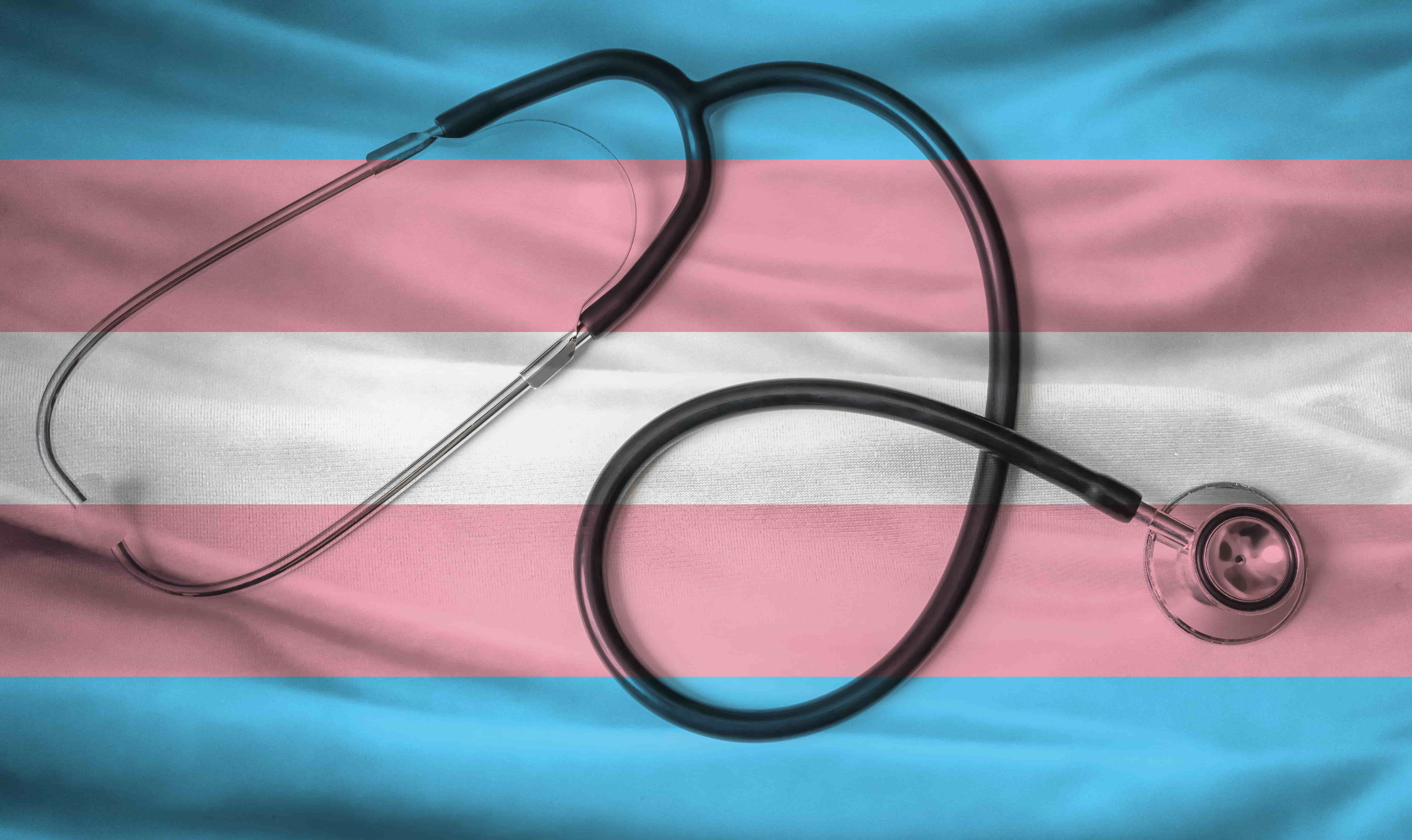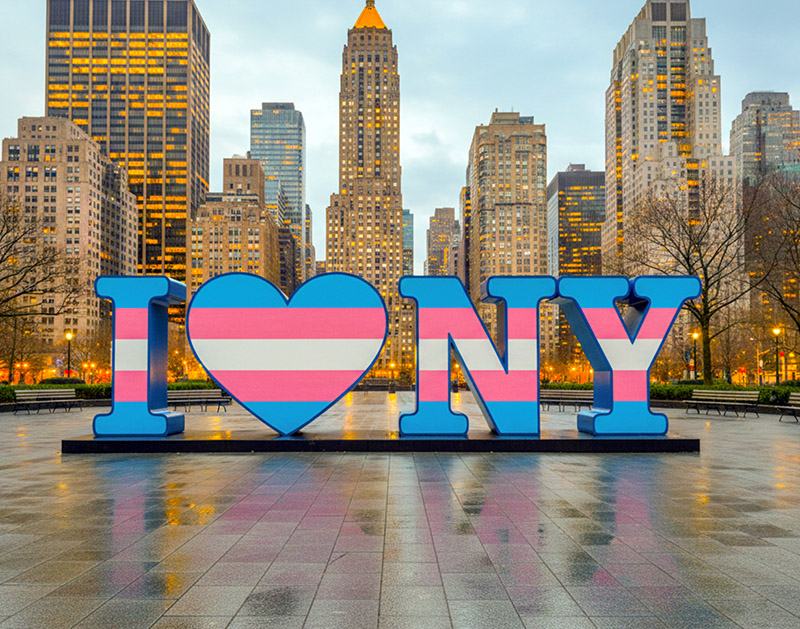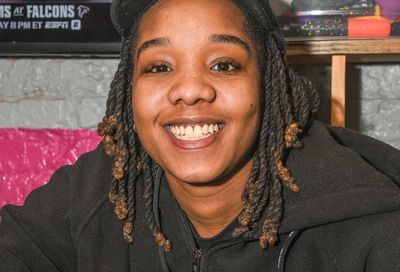Transgender Lawmaker Sarah McBride Wins Primary for U.S. House Seat
The Delaware state senator is favored in November's general election, and could become the first out transgender member of Congress.

Delaware State Senator Sarah McBride (D-Wilmington) overwhelmingly won the Democratic nomination for the state’s sole U.S. House seat on Tuesday, making her a favorite for the general election in November.
If elected, McBride would become the first out transgender member of Congress — a historic accomplishment for a community that has overwhelmingly been attacked by conservatives and gender-skeptics.
McBride defeated three other Democrats with nearly 80% of the primary vote and is favored to win the general election due to Delaware’s Democratic lean.
She will replace Democratic U.S. Rep. Lisa Blunt Rochester, who is favored to win the state’s open U.S. Senate seat.
McBride will face off against Republican nominee James Whalen III, a former police officer, who defeated Donyale Hall, an Air Force veteran.
McBride is one of a handful of transgender political trailblazers — including Virginia State Sen. Danica Roem, Colorado State Rep. Briana Titone, and Kansas State Rep. Stephanie Byers — who have made history in their respective states.
McBride also became the first out transgender person to be elected to the upper chamber of a state legislature four years ago.
McBride has spent much of her political career downplaying the historic nature of her position, as well as her current candidacy, instead focusing on her efforts to pass paid family and medical leave and increasing access to health care — a cause that is personal to her, due to the death of her late husband, Andrew Cray, from cancer, as she told Metro Weekly in a 2019 interview.
Speaking with the New York Times, McBride acknowledged the uncertainty and discomfort that some voters might feel around transgender people, particularly if they are unfamiliar with the community or have never met a transgender individual in person.
But she has sought to find commonality with voters and connect to them on a personal level throughout her political career.
“It’s difficult to hate someone whose story you know,” she said. “And when we are proximate to one another, whether it’s across gender or across race or the partisan divide, it can help to bring down the temperature in our politics, because we realize that people who are impacted by these issues are people, and we see that humanity.”
Support Metro Weekly’s Journalism
These are challenging times for news organizations. And yet it’s crucial we stay active and provide vital resources and information to both our local readers and the world. So won’t you please take a moment and consider supporting Metro Weekly with a membership? For as little as $5 a month, you can help ensure Metro Weekly magazine and MetroWeekly.com remain free, viable resources as we provide the best, most diverse, culturally-resonant LGBTQ coverage in both the D.C. region and around the world. Memberships come with exclusive perks and discounts, your own personal digital delivery of each week’s magazine (and an archive), access to our Member's Lounge when it launches this fall, and exclusive members-only items like Metro Weekly Membership Mugs and Tote Bags! Check out all our membership levels here and please join us today!



























You must be logged in to post a comment.